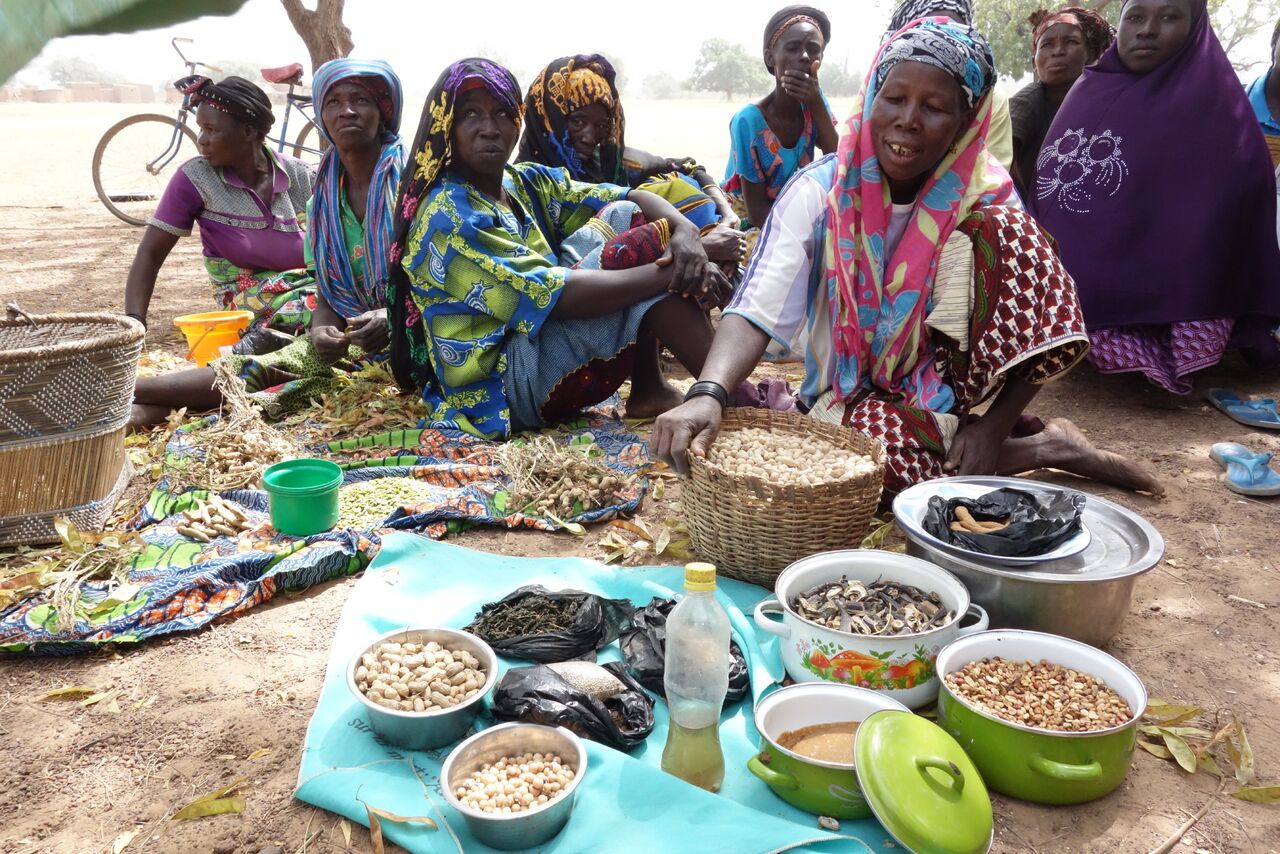Iara Lee’s 2017 documentary, Burkinabè Rising: The Art of Resistance in Burkina Faso did a great job at providing much needed background and context to the 2015 revolution that was led by the youth and fueled by the spirit of Thomas Sankara. The film surveyed the various facets of the culture of resistance in Burkina Faso’s youth mainly from the point of view of artists/activists who used their creativity as an extent of their rebellion against powers of oppression. Burkinabè Bounty: Agroecology in Burkina Faso is a short sequel to the previous film and illustrates how that resistance in distilled into the protection of the agroecology of the people against multinational companies. The film produced by Cultures and Résistance was commissioned by Slow Food, an organization interested in safeguarding various local food cultures in an increasingly speedy world.

Without defining what agroecology is, the film transports you to the frontlines of the battle to protect Burkina Faso’s cultural heritage through food by way of interviews with Slow Food partners including famers and co-operatives as well as artist and activists. Indeed, its narrative structure is very similar to Burkinabè Rising where the interviews are centered around the interventions the individuals and group are making, all of which is speedily advanced by the fast paced and exciting musical score. You are brought into the world of aphrodisiac yams, millet beer breweries and baobab spice factories, various epicenters of the green revolution.
Burkinabè Bounty unlike its elder sister Burkinabè Rising, gives a rather cursory look at the culture of resistance in the fight for food sovereignty in the landlocked West African nation. The short film misses the chances to delve deeply into the knowledge systems embedded in the indigenous agroecology practices of the people of Burkina Faso. Although we do get an introduction to some of the practices passed down through generations and still being practiced today, the film does not seem to seek a transmission or investigation of these practices. However, it does an excellent job at locating the vertices between food sovereignty and our fight against various economic, social, agricultural and political systems of oppression

The film makes it explicitly clear that the political change start from the landing and owing this factor production as well as protecting their fruits is a major way to achieve political change. It would have been great to see a more through exposition of the agroecology of Burkina Faso beyond the issues with Monsanto/Bayer, the corrupt government of Blaise Compaoré and the US government, such the shrinking of Burkina Faso’s vibrant cotton industry (highlighted in The Siren of Faso Fani) and beyond the influence of Slow Food at the grassroots level. This review by Africa is a Country does a great job at highliting a lot of the context. Regardless it is a great way to initiate the conservation on African cultural heritage through food as well as celebrating the work of Burkina Faso’s in sustaining this heritage.
—
Written by Hakeem Adam

